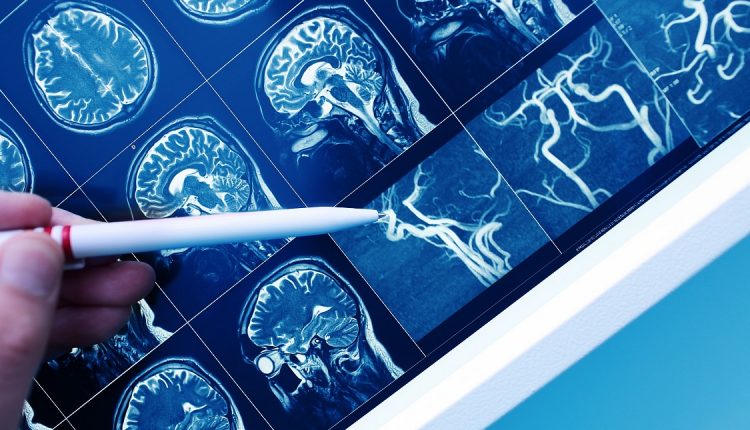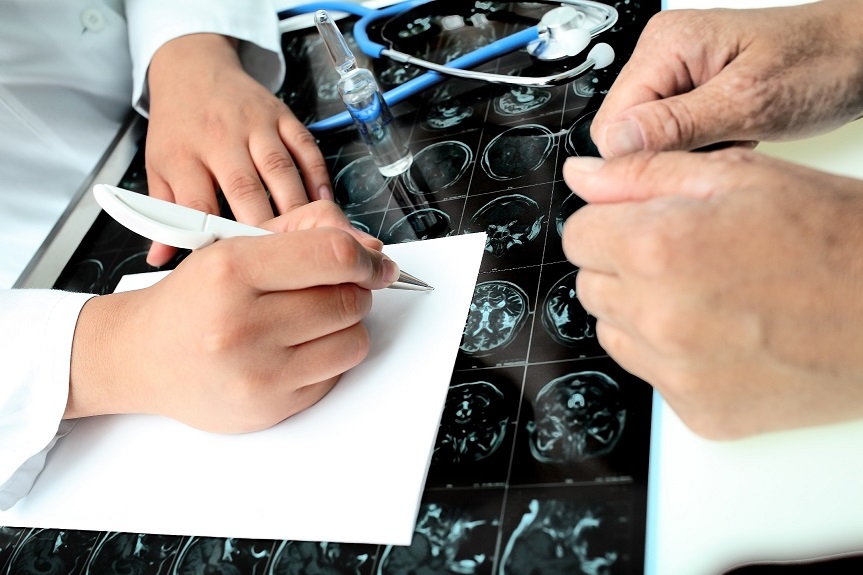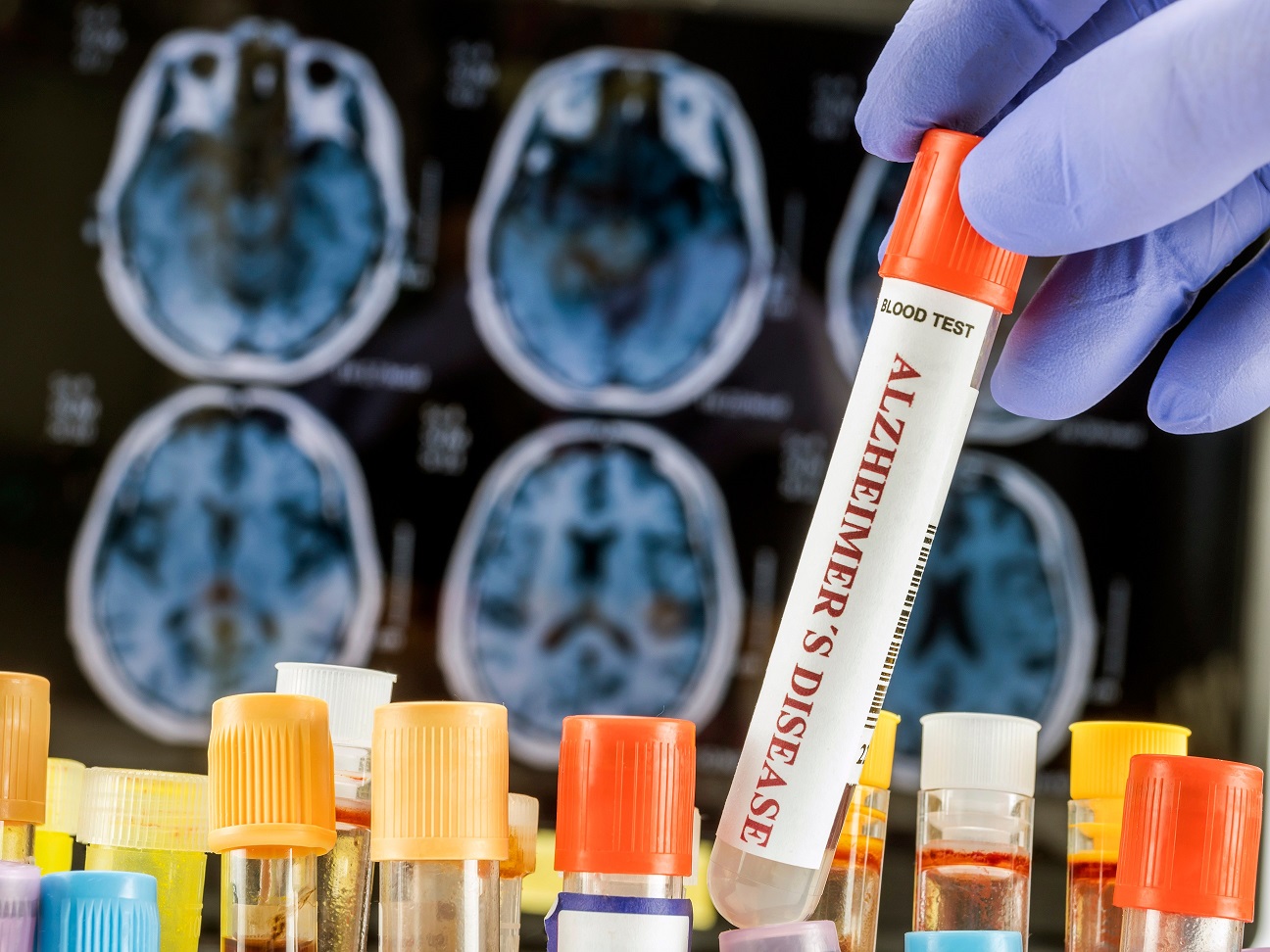
Medical Tests for Diagnosing Alzheimer’s
Early diagnosis of Alzheimer’s disease is essential for effective treatment and care planning. In order to confirm the presence of Alzheimer’s and distinguish it from other forms of dementia, medical tests and assessments are crucial. As medical technology advances, a number of diagnostic tools have been developed to aid in early diagnose dementia. This article explores the various medical and cognitive tests for Alzheimer’s.

Contents
The Need for Early Diagnosis Alzheimer’s
Alzheimer’s slowly impairs cognitive abilities, making it hard for people to do everyday things. The importance of early diagnosis of Alzheimer’s disease cannot be overstated. In the first place, it allows individuals and their families to plan for and make important decisions about treatment, caregiving, and future arrangements. Early diagnose dementia and Alzheimer’s can slow down disease progression and improve quality of life.
It can be challenging to diagnose Alzheimer’s disease in its early stages due to several factors. The symptoms are often subtle in the early stages and can be mistaken for normal aging or other conditions. In addition, Alzheimer’s cannot be diagnosed with just one single test, so a combination of tests and assessments is required.
Medical Tests for Alzheimer’s
The diagnosis of Alzheimer’s disease requires medical testing and assessments. These tests evaluate cognitive function, analyze brain changes, detect biomarkers, and distinguish Alzheimer’s disease from other forms of dementia. Here are some of the key medical tests used in the diagnosis of Alzheimer’s disease.
Medical History
A health care provider will conduct a medical workup on the person that will include a review of the person’s medical history, including psychiatric history as well as cognitive and behavioural changes over time. As well as any current or past medical problems, he or she will want to know about any medications the person is taking. In addition, the doctor will ask about any medical conditions affecting other family members, such as Alzheimer’s disease or other dementias.
Tests and Physical Examinations
In order to determine if a person has Alzheimer’s disease, doctors use several methods and tools. A doctor may diagnose Alzheimer’s disease by:
- Taking your blood pressure, temperature, and pulse.
- Reviewing the medication list.
- Performing other procedures to assess a patient’s overall health.
- Getting to know your diet, nutrition, and alcohol intake.
- Observing your heart and lungs.
- Taking blood or urine samples for testing in the lab.
Neurological Exam
In a neurological exam, the physician evaluates the person closely for signs of other brain disorders. During the examination, the doctor will look for signs of stroke, Parkinson’s disease, brain tumours, fluid buildup in the brain, and other conditions that could affect memory and thinking.
The neurological exam for Alzheimer’s may also include a brain imaging study.
If the symptoms of Alzheimer’s disease or any other type of dementia persist and worsen over time and your doctor has not provided a diagnosis based on the evaluation, it may be advisable to consider ordering further tests or seeking a second opinion.

Brain Imaging
Alzheimer’s disease diagnosis often involves MRIs and computed tomography (CT) scans. These tests are primarily used to rule out other conditions that share similar symptoms with Alzheimer’s but require different treatment approaches. Brain structural imaging can reveal tumours, strokes, damage from severe head trauma, and fluid buildup in the brain.
A doctor may utilize an imaging tool to determine whether an individual has elevated levels of beta-amyloid, which is a key indicator of Alzheimer’s. If the levels are within the normal range, it may indicate that Alzheimer’s is not the underlying cause of dementia.
Through the use of imaging technologies, we can gain a deeper comprehension of the human brain. In order to diagnose and track Alzheimer’s disease better, researchers are studying other brain imaging techniques.
Cerebrospinal Fluid (CSF) Tests for Alzheimer’s
The brain and spinal cord are bathed in CSF, which is a clear fluid. Physicians can sample CSF with a minimally invasive procedure known as a lumbar puncture or spinal tap. Multiple markers associated with Alzheimer’s disease, such as tau and beta-amyloid, may change in CSF levels early in the disease’s course. In neurodegenerative diseases such as Alzheimer’s, neurofilament light (NfL) is also an important marker.
In addition to using CSF tests to diagnose Alzheimer’s, researchers are working on developing and standardizing new markers that will help detect other dementias.
Lumipulse is one of the CSF Amyloid Ratio tests that received FDA approval, and it is a new diagnostic tool that clinicians can use to detect amyloid in CSF, which can indicate brain amyloid changes.

Blood Tests for Alzheimer’s
There are currently available tests that can predict whether a person has amyloid changes in their brain or whether they have neurodegenerative diseases or neuronal damage. It’s important to note that simply undergoing blood tests is not sufficient for diagnosing Alzheimer’s or any form of dementia. A thorough diagnostic workup is necessary.
The Role of Cognitive Tests for Early Diagnose Dementia and Alzheimer’s
Alzheimer’s disease affects memory, attention, language, problem-solving, and other cognitive functions. Cognitive tests for Alzheimer’s are crucial for assessing these functions. Healthcare professionals can determine the severity and progression of the disease using these tests, which provide objective measurements of cognitive impairment.
In the early stages of Alzheimer’s, cognitive tests can detect subtle cognitive changes even before symptoms become noticeable. As a result, they can help distinguish cognitive impairments caused by Alzheimer’s disease from those caused by normal aging or other forms of dementia.
Key Cognitive Tests for Alzheimer’s Diagnosis
Several cognitive tests are commonly used to diagnose Alzheimer’s disease. Mini-mental state examinations (MMSE), Montreal Cognitive Assessments (MoCAs), and Alzheimer’s Disease Assessment Scale-Cognitive Subscales (ADAS-Cogs) are some of these tests. During these tests, memory, attention, language, visuospatial abilities, and executive function are assessed.
Our top Suggestion: Alzheimer’s App
Use Alzheimer’s app to find out if you’re at risk for Alzheimer’s. This Alzheimer’s online test evaluates your cognitive abilities through exercises and tasks. A game-like format is also used in some tasks, making them more engaging and fun. You may take the test at your convenience since it is online.
After you finish the test, you’ll get a comprehensive report. You’ll also get ideas for strengthening and maintaining your cognitive function based on the information. Your previous results are tracked and compared over time with this Alzheimer’s test. This feature allows you to detect early declines in your cognitive abilities.
Final Words
Providing appropriate care and support to individuals and their families requires an accurate and early diagnosis of Alzheimer’s disease. In addition to detecting cognitive impairment, analyzing brain changes, and identifying Alzheimer’s biomarkers, healthcare professionals today have access to a wide range of medical tests for Alzheimer’s. Early diagnose dementia and Alzheimer’s is crucial, and a key component of this process is administering cognitive tests for Alzheimer’s.
Is it advisable to take these tests on a regular basis?
If you don’t have symptoms or risk factors for Alzheimer’s, it may not be wise to undergo brain imaging or other tests for a diagnosis. But having regular cognitive assessments can be helpful, especially if you’re worried about your cognitive health. These tests can establish a baseline and detect small changes over time. You can consult a healthcare professional for personalized advice.
Getting a CT scan can be quite frightening, and I’ve had like 10 of them
I lost my dad to Alzheimer’s disease. In his day, there were no blood tests or CSF tests for Alzheimer’s. He was diagnosed through behavioural observations and physical exams.